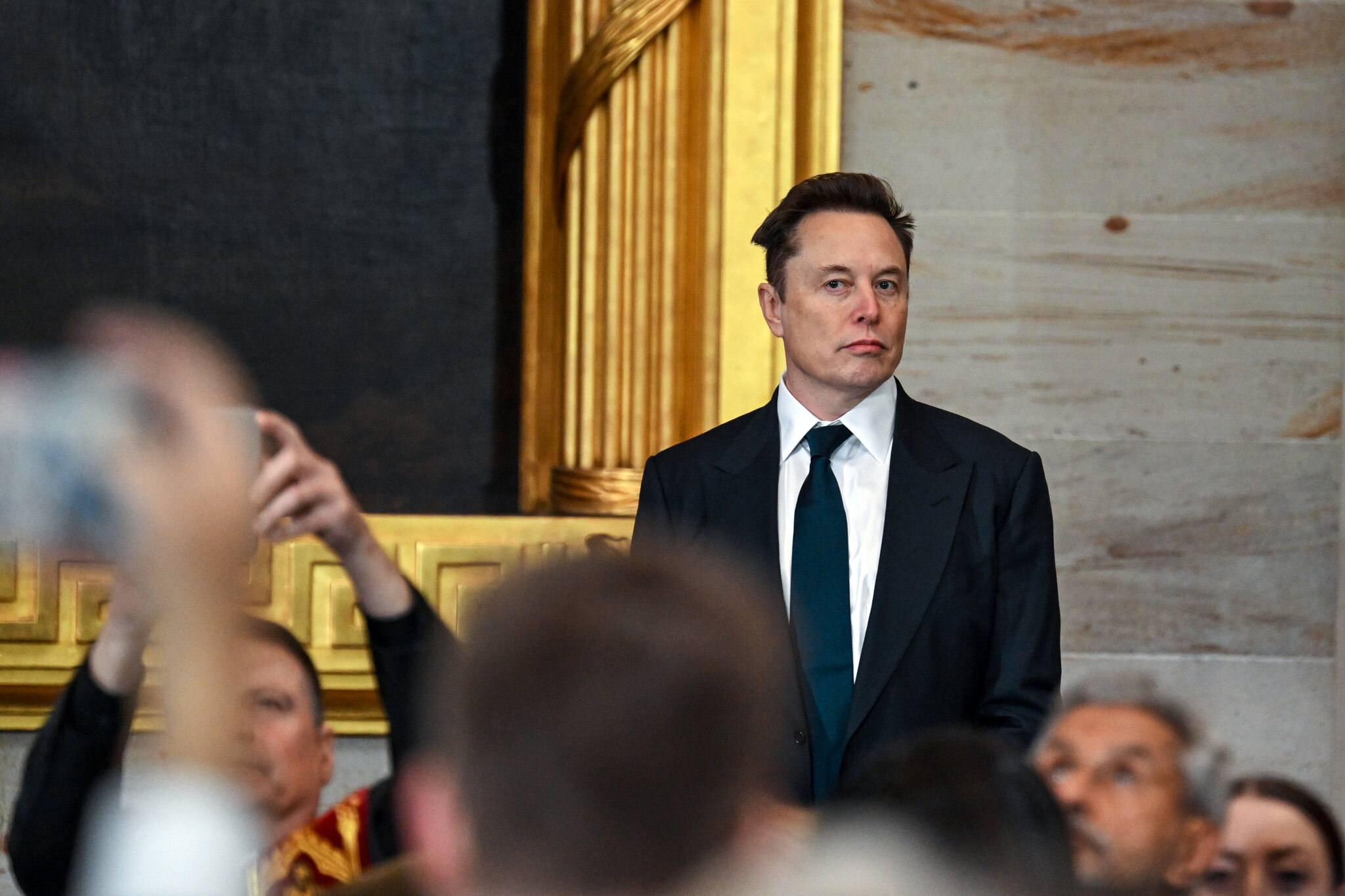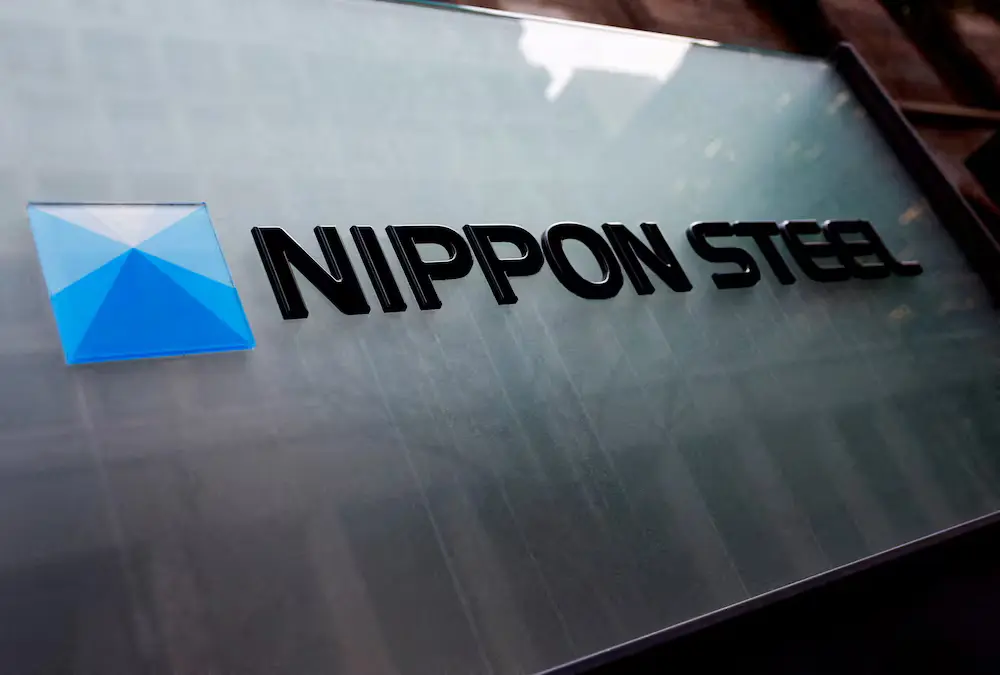In a daring coup that has been the latest jolt in this high-stakes battle in artificial intelligence, Tesla CEO Elon Musk, backed by a group of investors, launched a $97.4 billion bid to acquire OpenAI’s controlling interest—OpenAI being the company that popularized chatbot ChatGPT. In the proposal opened on February 10, 2025, to the board, OpenAI would be sent back to the roots as the original non-profit status, especially on open source and safety-cognizant AI research.
Musk has been a vocal critic of the direction taken by OpenAI, which he co-founded in 2015 but left in 2018 due to strategic disagreements. He argues that this deviation from a model of ethical AI development is reflected in OpenAI’s transition to becoming a commercial venture, especially in its deepening partnership with Microsoft. In a statement that accompanied the bid, Musk wrote, “It’s time for OpenAI to return to the open-source, safety-focused force it once was. We will make sure that happens.”
The consortium backing Musk’s bid includes his AI venture xAI, along with prominent investment firms such as Valor Equity Partners, Baron Capital, Atreides Management, Vy Capital, and 8VC, co-founded by Palantir’s Joe Lonsdale. Hollywood executive Ari Emanuel is also supporting the offer through his investment fund.
OpenAI’s CEO, Sam Altman, responded swiftly to the unsolicited bid. Taking to X (formerly Twitter), Altman quipped, “No thank you but we will buy Twitter for $9.74 billion if you want,” referencing Musk’s ownership of the social media platform. This exchange underscores the escalating tension between the two tech leaders, who have publicly clashed over the direction and governance of OpenAI.
Legal experts suggest that Musk’s bid could complicate OpenAI’s ongoing efforts to secure funding and transition into a for-profit entity. Jonathan Macey, a Yale Law School professor specializing in corporate governance, noted, “The nonprofit is supposed to take money to do whatever good deeds, and if OpenAI prefers to sell it to somebody else for less money, it’s a concern for protecting the interests of the beneficiaries of the not-for-profit.”
This development comes amid OpenAI’s plans to establish a Delaware public benefit corporation to manage its commercial activities while continuing to launch new AI models. The outcome of Musk’s bid remains uncertain, but it undeniably adds a new layer of complexity to the evolving landscape of artificial intelligence research and the ethical considerations surrounding it.
As the situation unfolds, industry observers are keenly watching how this high-stakes power struggle will influence the future of AI development and the balance between profit motives and ethical imperatives in technological advancement.




